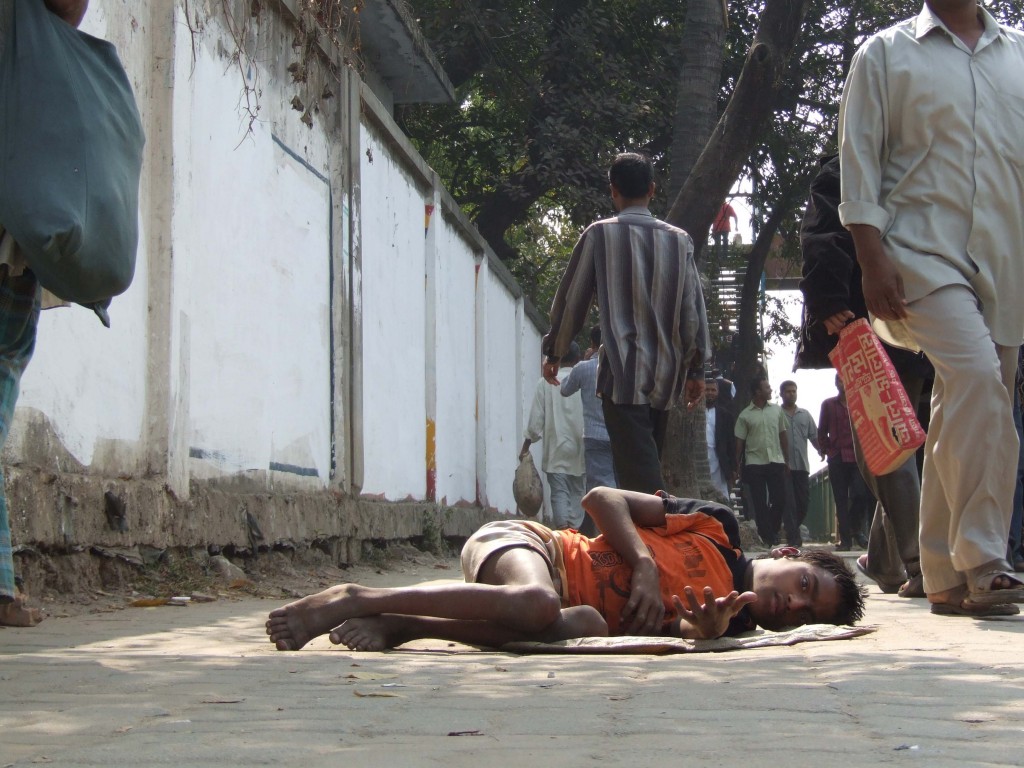At least half of the world’s 65 million school-age children with disabilities are kept out of the classroom because little to no money is budgeted for their needs, a disability rights groups said in a report on Monday.
Light for the World, a charity which supported the research, said stigma and misinformation surrounding disability as well as a lack of data on the numbers of disabled children contributed to the problem.
“People don’t see them (children with disabilities) as a worthy investment,” Nafisa Baboo, adviser for inclusive education at Light for the World, told the Thomson Reuters Foundation.
“Many think for example that there’s no point investing in their education as people with disabilities can’t work.”
The rights groups said billions of dollars of potential income from the world’s poorest countries are being lost through lack of schooling and employment for people who have disabilities.
“Children with disabilities are constantly left at the very back of the queue, and the impact on both individuals and economies can be disastrous,” Julia McGeown of Handicap International said in a statement.
The report by the International Disability and Development Consortium said the exclusion of children with disabilities was a major obstacle to meeting the Sustainable Development Goals (SDGs), which aim to ensure inclusive and equitable quality education for all by 2030.
In September, a report by the U.N. education and cultural agency UNESCO found that the education sector globally has been substantially underfunded, and international aid to education is declining.
“The SDGs give governments an opportunity to up their game,” said Baboo, adding that donors should prioritise efforts to reverse the decline in aid for education.
The new report urges governments to provide facilities for the education of disabled children within a mainstream system.
“Inclusive education can drastically reduce out-of-school populations, it can tackle discrimination in society, and it is considerably cheaper than segregated education,” said Baboo.
“It’s not just morally right, it’s also a smart investment.”


